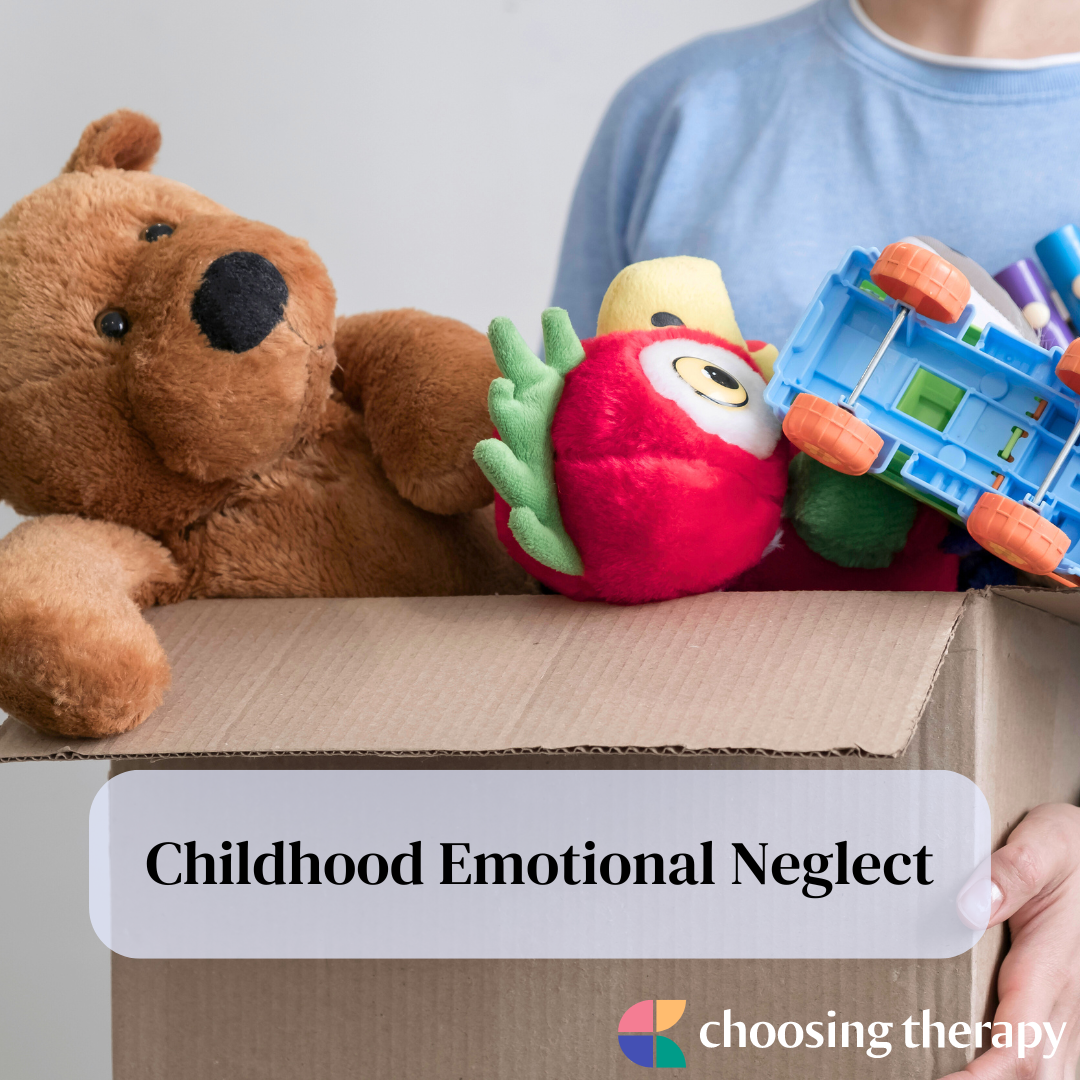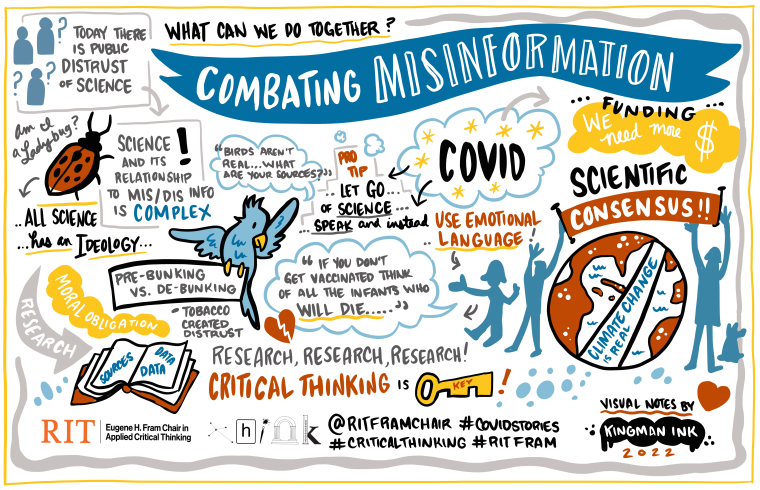The High Cost Of Neglect: Why Investing In Childhood Mental Health Matters

Table of Contents
The Detrimental Effects of Untreated Childhood Mental Health Issues
Untreated childhood mental health issues have profound and lasting impacts on a child's development and well-being. The consequences extend far beyond childhood, affecting their adult life in numerous ways.
Academic Performance and Educational Attainment
Mental health challenges such as anxiety, depression, and ADHD significantly impair a child's ability to learn and thrive academically. These conditions can manifest in various ways, hindering academic success.
- Increased absenteeism: Children struggling with mental health may miss school frequently due to symptoms like anxiety or depression.
- Lower grades: Difficulty concentrating and processing information leads to lower academic performance and grades.
- Difficulty with social interaction in school: Social anxiety and other mental health issues can make it challenging for children to build relationships with peers and teachers.
- Higher dropout rates: Untreated mental health problems can increase the likelihood of dropping out of school, limiting future opportunities.
Addressing child mental health services and providing necessary support can mitigate these academic challenges and promote better learning outcomes. Early intervention for learning difficulties related to mental health is crucial.
Social and Emotional Development
Mental health significantly impacts a child's social and emotional development, affecting their ability to form healthy relationships and navigate the complexities of life.
- Isolation: Children with untreated mental health conditions may withdraw socially, leading to feelings of isolation and loneliness.
- Difficulty making friends: Social anxiety and other challenges can make it difficult to build and maintain friendships.
- Increased aggression: Some mental health conditions can manifest as increased aggression or disruptive behaviors.
- Low self-esteem: Mental health issues can significantly impact self-worth and self-esteem.
- Trouble regulating emotions: Children may struggle to manage their emotions effectively, leading to outbursts or difficulty coping with stress.
Investing in social-emotional learning programs and providing access to appropriate mental health support can help children develop healthy coping mechanisms and build strong social-emotional skills.
Physical Health Implications
The link between mental and physical health is undeniable, especially in childhood. Untreated mental health problems often lead to a range of physical health issues.
- Increased risk of chronic illnesses: Chronic stress and unhealthy coping mechanisms associated with mental health issues can increase the risk of developing chronic illnesses later in life.
- Weakened immune system: Stress weakens the immune system, making children more susceptible to infections and illnesses.
- Unhealthy coping mechanisms: Children may resort to unhealthy coping mechanisms such as substance abuse or self-harm to manage their mental health struggles.
Prioritizing child health and mental wellbeing is essential to prevent these adverse physical consequences. Addressing mental health challenges early can improve overall physical health and well-being.
The Long-Term Societal Costs of Neglecting Childhood Mental Health
The societal costs associated with neglecting childhood mental health are substantial and far-reaching, impacting economic stability and social well-being.
Economic Burden
The economic impact of untreated childhood mental health issues is significant, encompassing a range of costs.
- Increased healthcare expenditure: The cost of treating mental health disorders in adulthood is far greater than investing in early intervention and treatment for children.
- Reduced workforce participation: Untreated mental health issues can lead to reduced productivity and employment rates later in life.
- Higher rates of incarceration: Individuals with untreated mental health problems are at a higher risk of involvement with the criminal justice system.
- Increased demand for social services: The need for social services like welfare and housing support increases as a result of untreated mental health challenges.
A cost-benefit analysis clearly demonstrates that investing in early intervention and preventative measures significantly reduces these long-term economic burdens.
Social Costs
Beyond the economic impact, neglecting childhood mental health has profound social consequences.
- Increased crime rates: Untreated mental health issues are linked to increased crime rates and antisocial behavior.
- Higher rates of homelessness: Individuals struggling with mental health may be more likely to experience homelessness.
- Strained family relationships: Mental health challenges can place significant strain on families and relationships.
- Reduced community cohesion: Untreated mental health issues contribute to social fragmentation and reduced community well-being.
Strengthening community mental health services and investing in preventative programs are crucial for improving public safety and social harmony.
The Importance of Early Intervention and Investment in Childhood Mental Health
Early intervention and investment in childhood mental health are critical to mitigate the negative consequences outlined above.
Early Detection and Treatment
Early detection and access to appropriate mental health services for children are crucial for achieving positive outcomes.
- Improved outcomes: Early intervention leads to better outcomes and reduced severity of symptoms.
- Reduced severity of symptoms: Addressing mental health issues early can prevent them from becoming chronic or severe.
- Prevention of long-term problems: Early intervention can prevent the development of more serious mental health problems in adulthood.
- Improved quality of life: Addressing mental health needs early contributes to an improved quality of life for children and their families.
Access to child psychology services and specialized mental health services for children is crucial for effective early intervention.
Funding and Resources
Increased funding and resources dedicated to childhood mental health are urgently needed. This investment should target various aspects of care:
- Increased funding for research: Further research is needed to improve our understanding of childhood mental health and develop more effective interventions.
- More mental health professionals: There is a critical shortage of mental health professionals trained to work with children.
- Expanded access to therapy and support groups: Children and families need access to affordable and accessible therapy and support groups.
- Improved school-based mental health programs: Schools play a vital role in early detection and intervention, and should have adequate resources and trained staff to support children's mental health needs.
Investing in mental health funding and providing access to high-quality mental health resources are crucial for protecting the well-being of children and their families.
Conclusion
Neglecting childhood mental health results in substantial individual and societal costs, impacting academic achievement, social-emotional development, physical health, economic productivity, and social cohesion. Conversely, early intervention and investment in childhood mental health yield significant benefits, including improved outcomes, reduced long-term costs, and a healthier society. Investing in childhood mental health is not just a moral imperative, it's a smart investment in our future. Learn more about how you can support initiatives promoting children's mental health services and advocate for increased funding for child and adolescent mental health care today. Let's prioritize the mental wellness of children and build a brighter future for all.

Featured Posts
-
 Cnns Analysis The Challenges Of Combating Misinformation
May 02, 2025
Cnns Analysis The Challenges Of Combating Misinformation
May 02, 2025 -
 A Bitter Dispute Shakes Reform Uk Whats Happening
May 02, 2025
A Bitter Dispute Shakes Reform Uk Whats Happening
May 02, 2025 -
 Poppys Family A Touching Tribute To A Beloved Manchester United Supporter
May 02, 2025
Poppys Family A Touching Tribute To A Beloved Manchester United Supporter
May 02, 2025 -
 Pancake Day Origins Customs And The Meaning Of Shrove Tuesday
May 02, 2025
Pancake Day Origins Customs And The Meaning Of Shrove Tuesday
May 02, 2025 -
 Xrp Up 400 In Three Months Should You Invest Now
May 02, 2025
Xrp Up 400 In Three Months Should You Invest Now
May 02, 2025
Latest Posts
-
 Shell Recharge Raya Promotion Up To 100 Rebate On East Coast Hpc Ev Chargers
May 03, 2025
Shell Recharge Raya Promotion Up To 100 Rebate On East Coast Hpc Ev Chargers
May 03, 2025 -
 Kivinin Kabugu Yenir Mi Faydalari Ve Riskleri
May 03, 2025
Kivinin Kabugu Yenir Mi Faydalari Ve Riskleri
May 03, 2025 -
 Farage Faces Backlash Criticism Mounts Over Zelenskyy Remarks
May 03, 2025
Farage Faces Backlash Criticism Mounts Over Zelenskyy Remarks
May 03, 2025 -
 A First Hand Account Attending Nigel Farages Press Conference
May 03, 2025
A First Hand Account Attending Nigel Farages Press Conference
May 03, 2025 -
 Witnessing History My Experience At A Nigel Farage Press Conference
May 03, 2025
Witnessing History My Experience At A Nigel Farage Press Conference
May 03, 2025
